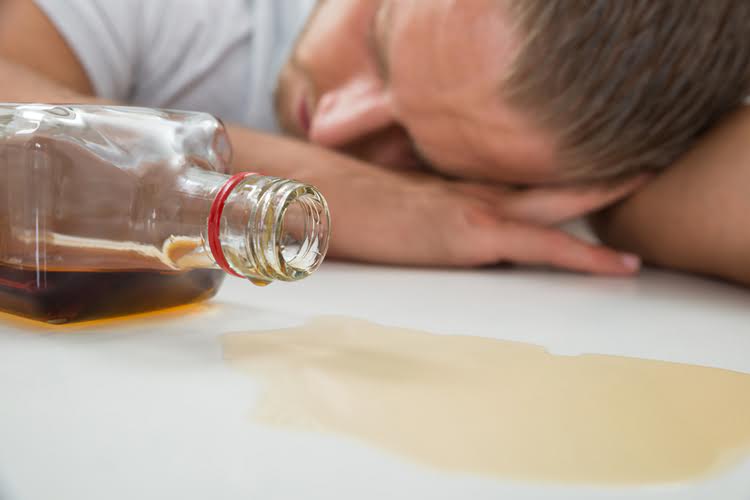If they were emotionally unavailable, such as being overly strict, dismissive, highly reactive, or emotional, it’s unlikely we had the opportunity to develop healthy coping skills. ” to several of these, there’s a good chance you’re using alcohol to cope with stress. Stress levels have been increasing every year and https://ecosoberhouse.com/ most people admit to reaching for something to cope with their stress, whether it be food, cigarettes, drugs, or alcohol. “There are people who have learned to practice very reasonable alcohol consumption that contributes to psychosocial well-being in a way that does not impair their health,” Kumar noted.
Unfortunately, immediately setting your mind to achieving this one and only hard-and-fast goal is why many people struggle to quit drinking or why they relapse early on in their recovery journey. One easy way to cut back on your drinking is to pick several days a week when you simply don’t drink. You can start with a couple of days, then add more a little at a time. Experiment with abstaining completely for a weekend or a week and see how you feel. If you’re used to drinking at home, you don’t need to deprive yourself of having something cool and delicious in your hand.
What happens to your body when you quit drinking?
With all of that being constant, your best bet is to take a look at the ritual—or tool—you’re using to mark that daily transition and blow off steam. By Kendra Cherry, MSEd
Kendra Cherry, MS, is a psychosocial rehabilitation specialist, psychology educator, and author of the “Everything Psychology Book.” Kendra Cherry, MS, is a psychosocial rehabilitation specialist, psychology educator, and author of the “Everything Psychology Book.” Emotionally, you may feel some anxiety or sadness about ending a chapter of your life and nervousness about the future. “You may learn things about yourself and about your relationship to this substance that you never even thought about,” he adds.

In other words, if you have a hard time stopping drinking, not only is there nothing wrong with you, quite the contrary, your brain is functioning the way it is designed to. “Why can’t I just quit even when I know that alcohol is ruining my life?” This is drinking after work the million-dollar question that boggles so many daily drinkers’ minds. Many theories have attempted to offer an answer – some say maybe it’s genetic, others speculate it’s personality, and again others, call it a disease – but I have a different theory.
Understand what to expect during withdrawal
Plus, when you’re not bored, you have less incentive to drink. Perceived social support can play an important part in alcohol use recovery. What happens if you can’t control your alcohol use with these techniques? After trying these techniques and determining your level of success, you should be able to assess whether you can be a social drinker.
People who have a severe reaction to quitting alcohol should seek emergency treatment. Dr. Streem says that if your goal is to stop drinking altogether, you’re more likely to have success quitting all at once, rather than weaning off alcohol. But that advice changes if you’re living with alcohol use disorder. Dr. Streem suggests starting with the World Health Organization’s Alcohol Use Disorders Identification Test (AUDIT). It can be a particularly helpful way to help you get a clearer understanding of your drinking habits and your relationship with alcohol.
Talk to Your Doctor
She incorporates cultural relevance and non-traditional interventions and strategies to strengthen her clients’ steps towards goals of behavioral, emotional, social and mental wellness. “Try doing a ‘dry’ month like Dry January, Go Dry for July or Sober October,” says Moore. In January 2020, more than 6 million people reportedly participated in Dry January, a campaign to reduce alcohol consumption organized by Alcohol Change UK. Follow-up research suggested that most tended to drink in healthier amounts afterward. Exploring, in writing, what you find difficult and when you most want to drink can help you notice patterns that offer more insight into your alcohol use.
- Before then Anthony feared openly discussing his recovery due to stigma.
- These programs involve working with a team of mental health professionals in a group and individual setting.
- When those around you are in the know, it can help them know not to offer you drinks.
- Sober influencer and Dry Humping author Tawny Lara hasn’t drank in eight years.
